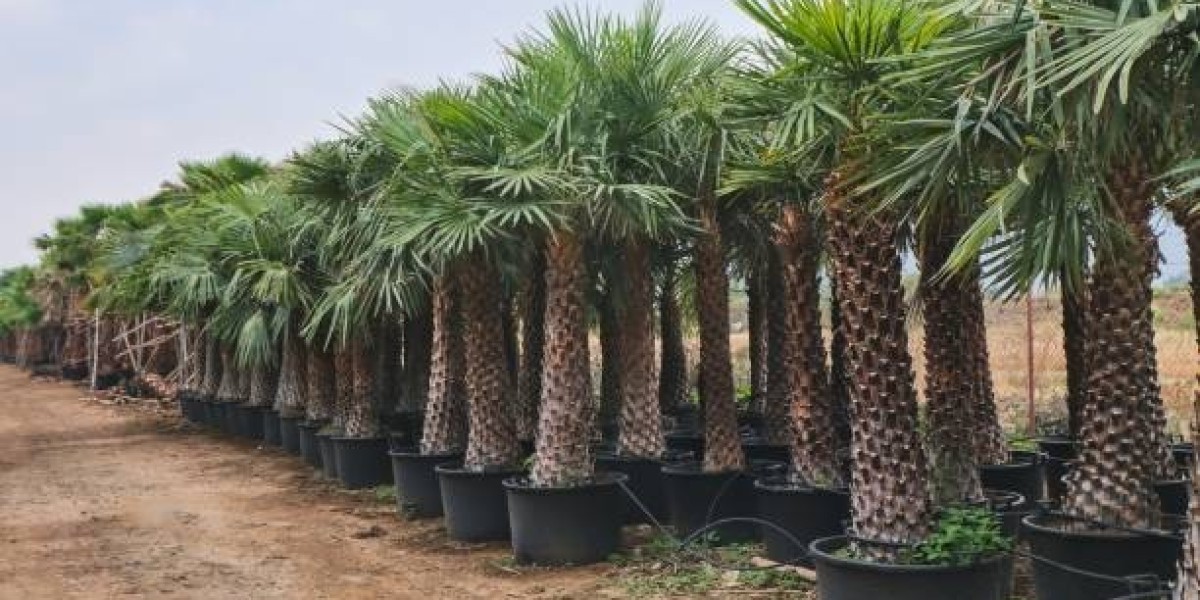Organic farming in Dubai has seen significant growth over the past decade. As consumer awareness of healthy, pesticide-free food increases, more farmers and entrepreneurs are exploring sustainable agriculture practices. However, the journey is not without its challenges. This blog explores the major obstacles to organic farming in Dubai and the innovative solutions helping the sector grow sustainably.
Climate and Environmental Challenges
Extreme Temperatures
Dubai’s climate presents one of the biggest hurdles for organic farming. Summer temperatures often exceed 45°C, making it difficult to grow many types of fruits and vegetables.
To cope with the heat, farmers are shifting towards heat-resistant crops like okra, eggplant, and certain leafy greens. Shade netting and temperature-controlled greenhouses are also being widely adopted to maintain suitable growing conditions.
Limited Water Resources
Water scarcity is another pressing concern. Organic farming relies on natural irrigation without synthetic chemicals, and conserving water is vital in a desert environment.
Farmers in Dubai are using efficient irrigation methods like drip systems to reduce water wastage. Additionally, treated wastewater and moisture-retaining soil enhancers are gaining popularity to support sustainable irrigation.
Poor Soil Quality
Desert soil lacks the natural fertility required for organic farming. It is sandy, low in nutrients, and drains quickly, posing difficulties in supporting plant life.
To address this, organic farmers are enriching the soil using compost, manure, and green manure cover crops. Soil-building practices like crop rotation and mulching also help maintain a healthy growing medium.
Regulatory and Certification Issues
Complex Certification Processes
Obtaining organic certification in the UAE involves strict documentation and compliance. Many small-scale farmers struggle to meet these standards due to limited resources.
To ease this challenge, some agricultural cooperatives offer support services that help farmers navigate the certification process. Government-backed training programs are also available to educate farmers on organic standards.
High Inspection Costs
Regular inspections and audits are required to maintain certification, adding to operational costs. This can discourage new entrants from entering the organic sector.
The UAE government is working towards subsidizing these costs for certified farmers. Additionally, digital monitoring tools are being tested to reduce the frequency and cost of physical inspections.
Market Access and Consumer Awareness
Limited Distribution Channels
Although demand for organic food is rising, many local organic farmers struggle to reach the broader market. Retail partnerships and supply chain logistics remain underdeveloped.
Farmers are turning to farmers’ markets, subscription models, and online delivery platforms to reach health-conscious consumers directly. Some community-supported agriculture (CSA) initiatives are also emerging across Dubai.
Consumer Trust and Awareness
Consumers often doubt whether products labeled as “organic” truly meet the required standards. Misinformation and lack of transparency hinder market growth.
Educational campaigns, transparent labeling, and QR code tracking systems are being introduced to build consumer confidence. Certification logos and verified sourcing platforms also help bridge the trust gap.
Economic and Financial Barriers
High Initial Investment
Setting up an organic farm in Dubai requires significant capital. Greenhouses, organic inputs, soil treatment, and water-saving technologies can be expensive.
Several government grants and low-interest loans are now available to support organic agriculture projects. Private investors are also showing interest in sustainable farming startups.
Low Profit Margins
Organic farming generally yields lower output compared to conventional methods. Combined with higher operational costs, this reduces profit margins for farmers.
To improve profitability, farmers are focusing on value-added products like organic juices, jams, and herbs. Diversifying crop production and adopting farm-to-table models are also helping stabilize incomes.
Technological and Innovation Solutions
Smart Farming Techniques
Digital farming technologies such as IoT sensors, automated irrigation, and climate control systems are helping farmers monitor crop health and optimize resource use.
These innovations enable better planning and reduced waste, making organic farming more viable in Dubai’s harsh conditions.
Urban Farming and Vertical Agriculture
Urban farming is gaining traction, especially in residential communities, rooftops, and vertical structures. These methods use hydroponics, aquaponics, and compact soil systems to grow organic produce in limited spaces.
This not only reduces the carbon footprint of transportation but also brings food production closer to consumers.
The Road Ahead for Organic Farming in Dubai
The challenges faced by organic farmers in Dubai are real, but not insurmountable. With a mix of technology, government support, and sustainable practices, the organic agriculture sector is slowly gaining ground. Dubai’s push toward food security and sustainability makes organic farming an essential part of the city’s future. Continued innovation and community support will be key to long-term success.



